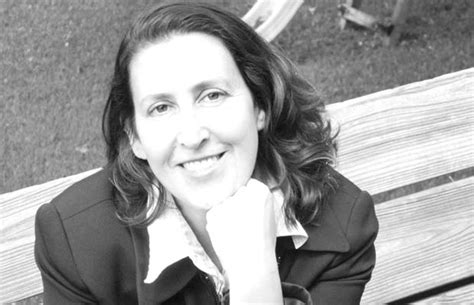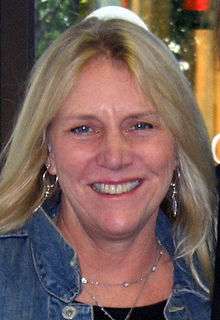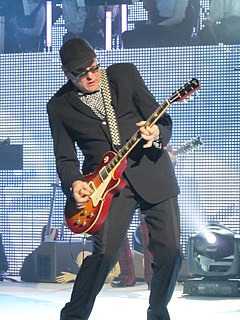A Quote by Karen Bender
I wrote lots of pages. I showed what I wrote to Iowa friends, and they said, 'Good start.' That was discouraging because I thought it was almost done.
Related Quotes
I was a Teletype operator in the army, so that's where I learned to type. One day, I went downstairs to see if I could still type - I hadn't done it for four or five years after the war. So I typed out a page and I showed it to my wife and she said, "Where did you get this?" I said I wrote it. "You wrote this?" It was something very funny. I went and wrote another page, another couple of pages, and by the time I was finished I had 13 little short stories, humorous short stories.
[Larry Kramer] even wrote this angry letter to the president of Yale, and in it he said what he said to us, that he was so disappointed in his straight friends because of AIDS and everything. He wrote the letter around March. And in it he wrote, "I usually go to the Trillins for Christmas, but I just couldn't do it this year."
When I was fifteen I wrote seven hundred pages of an incredibly bad novel - it's a very funny book I still like a lot. Then, when I was nineteen I wrote a couple hundred pages of another novel, which wasn't very good either. I was still determined to be a writer. And since I was a writer, and here I was twenty-nine years old and I wasn't a very good poet and I wasn't a very good novelist, I thought I would try writing a play, which seems to have worked out a little better.
I think when I was 7, at school they got us all to write the story of Joseph and his brothers. I got a bit carried away and wrote 12 pages - everybody else wrote a page. The teacher was so impressed by it that she put it up on the wall for parents' evening. I thought, 'Oh, this is something that I really like that I also seem to be quite good at.'
My mother had died when I wrote my first book. I was twenty-seven, so it was right at the beginning of my writing life. I don't know if she had lived, if I would have done it, certainly not quite like I did. But, you can't rethink it. You wrote what you wrote, it meant something to other people, and that's your good.
I finished my first novel - it was around 300 pages long - when I was 16. Wrote one more before I got out of high school, then wrote the first Lincoln Perry novel when I was 19. It didn't sell, but I liked the character and I knew the world so I tried what was, in my mind, a sequel. Wrote that when I was 20, and that one made it.







































